Blue Lotus Tea from Thailand
Blue Lotus tea is often used in the evenings to unwind, reflect, or prepare for meditation.
Blue Lotus (Nymphaea caerulea), also known as the Sacred Blue Lily of the Nile, has been used since ancient Egyptian times for its relaxing, mood-enhancing, and mildly euphoric properties. Traditionally, it was infused into wine or brewed as a tea to promote a sense of calm, open the heart, and support meditation and dream work. Ancient cultures revered it as a sacred plant used in rituals to connect with the divine, induce lucid dreaming, and foster emotional balance. Today, many enjoy Blue Lotus for its soothing effects and its gentle support in winding down after a long day.
How to Make Blue Lotus Tea
Ingredients:
- 1 teaspoon Maya’s Blue Lotus Tea (per cup)
- Hot water (~180°F / 82°C)
- Optional: honey, lemon, or calming herbs like chamomile
Instructions:
- Boil Water
Bring fresh, filtered water to a boil, then let it cool slightly until it reaches around 82°C (180°F). This prevents the delicate flowers from becoming bitter. - Measure Your Flowers
Add about 1 teaspoon of dried Blue Lotus flowers per cup of water to your teapot, tea infuser, or French press. - Steep and Relax
Pour the hot water over the flowers. Let them steep for 5–7 minutes. Watch the petals gently unfold and release their aroma. - Strain and Serve
Remove the flowers using a strainer or infuser. Pour the tea into your favorite cup and enjoy the subtle floral flavor.
Optional Additions
- Add chamomile for extra calm.
- Blend with green tea for a gentle energy lift.
- Mix in lavender or rose petals for a more aromatic brew.
- Sweeten with honey or agave, or add a drop of lemon.
Taxonomy and Morphology
Blue Lotus, scientifically referred to as Nymphaea caerulea, represents a captivating aquatic plant native to Southeast Asia, notably sourced from Thailand.
Blue Lotus exhibits a perennial growth habit, primarily thriving in tropical climates. It flourishes in aquatic environments, often found in ponds, lakes, and slow-moving rivers.
Morphologically, Blue Lotus manifests striking blue flowers, characterized by delicately overlapping petals surrounding a prominent yellow center. These vibrant blooms elegantly emerge above the water’s surface on long stalks, captivating observers with their serene beauty.
Anatomy and Physiology
Blue Lotus features broad, round leaves that gracefully float upon the water’s surface, contributing to its distinctive aesthetic appeal.
The flowers of Blue Lotus comprise multiple whorls of sepals and petals, each intricately arranged to maximize pollination efficiency.
Beneath the surface, Blue Lotus roots anchor the plant to the substrate, facilitating nutrient uptake and structural support.
Reproductive Biology
Blue Lotus exhibits a unique reproductive strategy, characterized by its adaptation to aquatic pollination. In its natural habitat, pollination occurs through various aquatic insects and wind-mediated mechanisms.
The plant’s flowers produce copious amounts of pollen, essential for fertilization and seed production. Upon successful pollination, seeds develop within specialized structures known as carpels.
Ecological Significanc
Blue Lotus plays a crucial role in freshwater ecosystems, serving as a habitat and food source for various aquatic organisms, including insects, fish, and waterfowl.
The presence of Blue Lotus contributes to ecosystem stability, promoting water quality, biodiversity, and ecological resilience.
Conservation Status
While Blue Lotus is not currently listed as endangered, habitat loss, pollution, and overharvesting pose significant threats to its long-term survival. Conservation efforts aimed at protecting freshwater habitats are critical for safeguarding the future of Blue Lotus populations.
In summary, Blue Lotus cut flowers sourced from Thailand epitomize the botanical elegance and ecological importance of Nymphaea caerulea. Through its captivating blooms and intricate reproductive adaptations, Blue Lotus continues to fascinate botanists and enthusiasts alike, serving as a testament to the beauty and resilience of aquatic ecosystems.

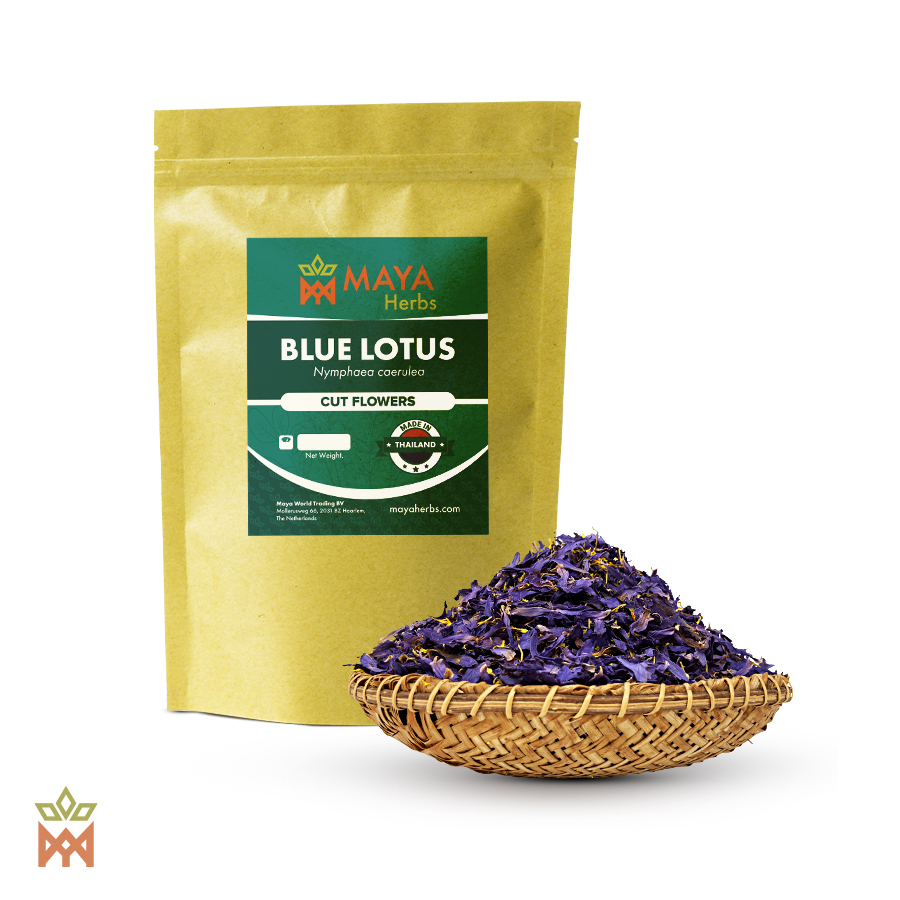
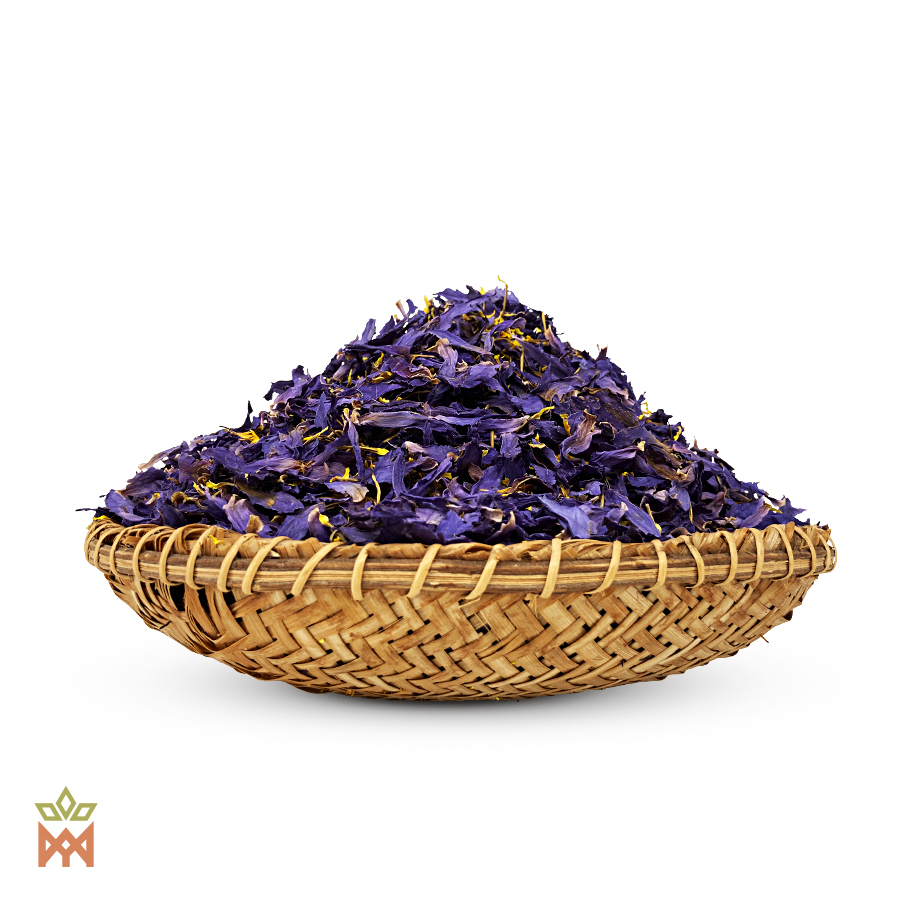
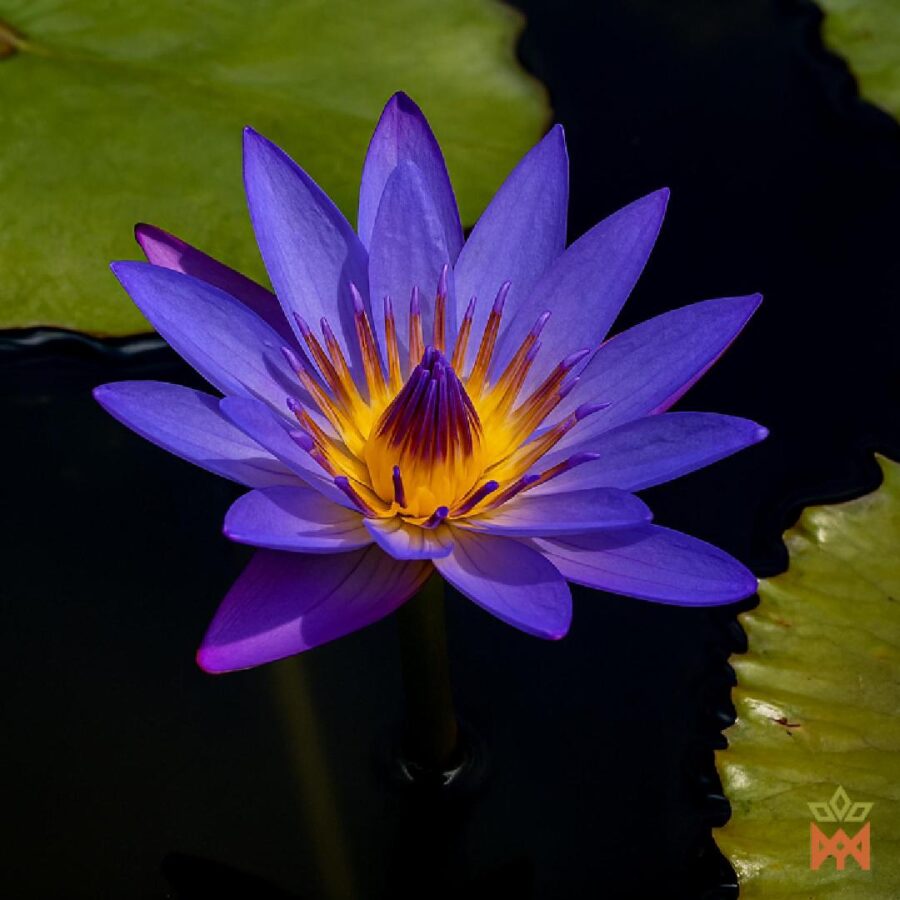
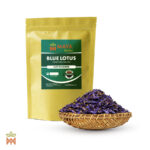
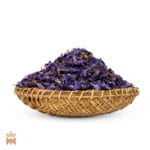
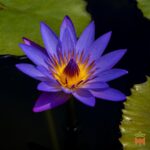

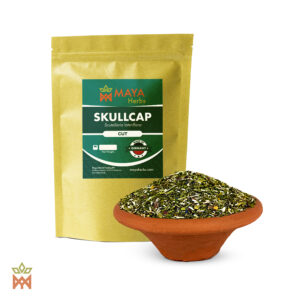
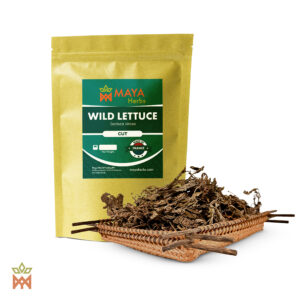

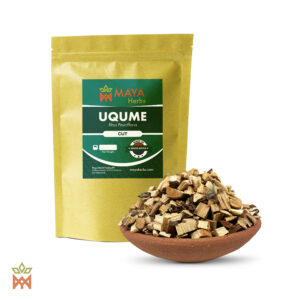
Reviews
There are no reviews yet.